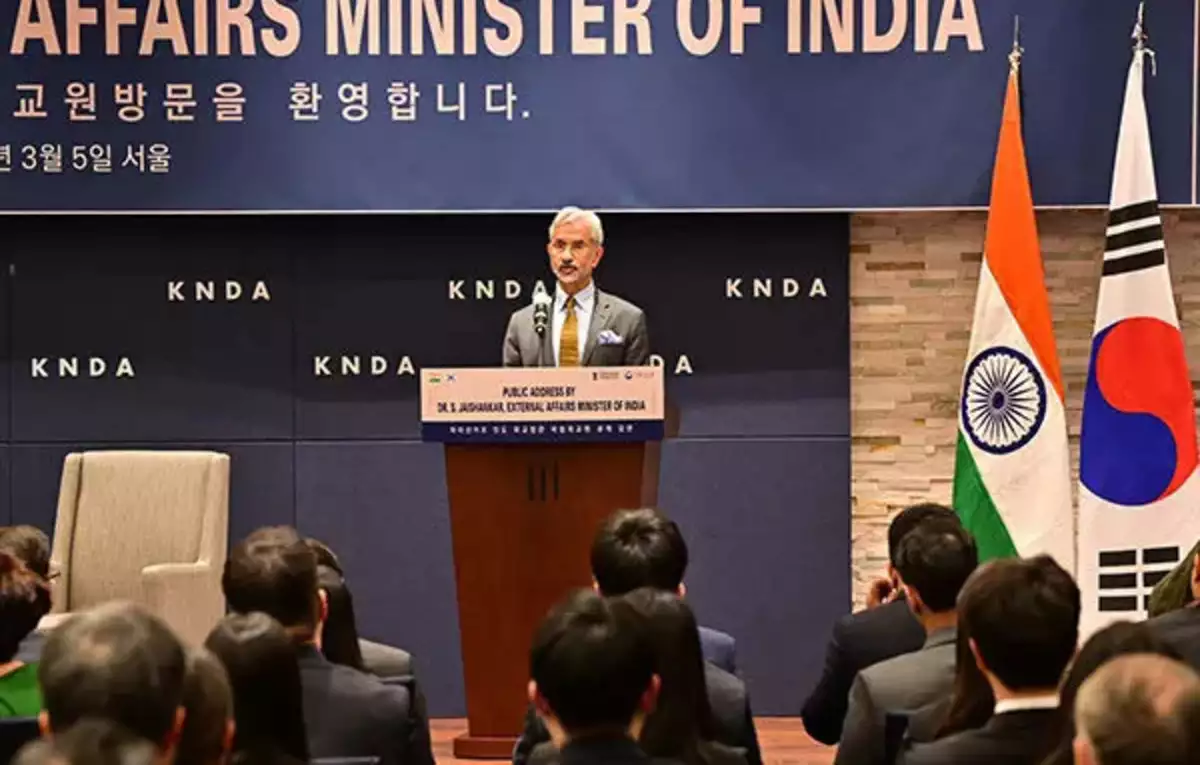India–US Trade Tensions Rise Over Steel and Auto Tariffs NMDC Limited reports a 38% drop in Q4 FY24 consolidated net profit RINL to Raise $23 Million Through Land Sales Amid Crisis

India aims to broaden its strategic relationship with South Korea into new areas such as essential and emerging technologies, semiconductors, and green hydrogen to modernise bilateral relations, External Affairs Minister S Jaishankar said on Wednesday. Speaking alongside his counterpart Cho Tae-yul, Jaishankar co-chaired the 10th India-South Korea Joint Commission Meeting (JCM).
In his introductory remarks, Jaishankar stated that during Prime Minister Narendra Modi's visit to South Korea in 2015, bilateral relations were elevated to a special strategic partnership.
"It is important that we live up to that. We have grown from strength to strength in the years that have passed. We have become truly important partners for each other and our bilateral exchanges, trade, investments, defence and science and technology cooperation have all seen a steady growth while keeping up the momentum in the traditional areas of cooperation," the minister said.
"We would be very much interested now in expanding into new areas, such as critical and emerging technologies, semiconductors, green hydrogen, human resource mobility, nuclear cooperation, supply chain resilience, etc to make our ties more contemporary," he said.
He said the two nations witnessed a growing convergence of their views in the international fora. "The focus on the Indo-Pacific region is good case to point, and we both have stakes and its stability, security and prosperity," he said.
The Ministry of External Affairs said in New Delhi ahead of Jaishankar's visit that the JCM is expected to comprehensively review the entire gamut of bilateral cooperation and explore avenues for further strengthening it. It will also allow the two sides to exchange views on regional and global issues of mutual interest.
Also Read : Zero-for-Zero Tariff Strategy: India's Green Steel Industry at a Crossroads TRA recommends 40% country-specific quota caps on select steel products.